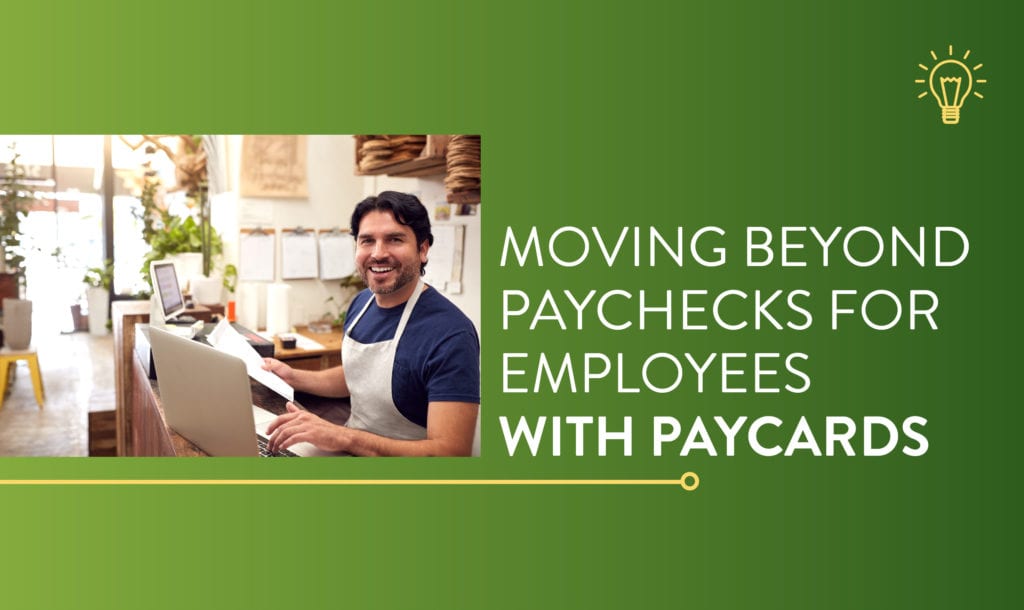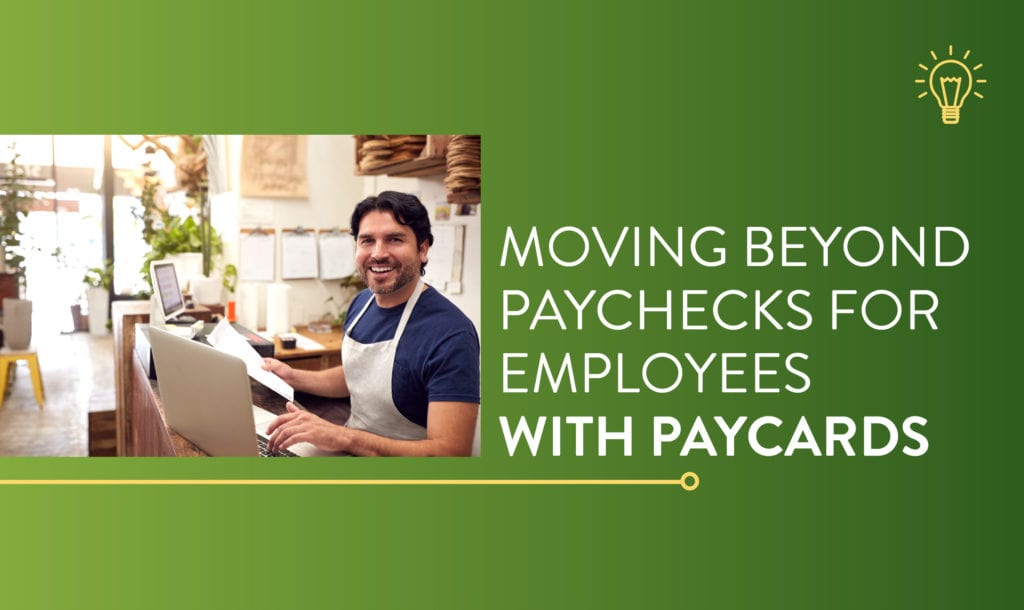
In the olden days, everyone got paid by check. If your payday was weekly, for example, someone from the payroll department would come around every Friday afternoon with a batch of checks in sealed envelopes and hand them out. Then you’d have to wait in line at the bank to deposit your paycheck. Today, of course, most people get direct deposit — so much more convenient and secure!
And yet, some employees still insist on the old-fashioned paycheck. It would seem like a vanishingly small group of workers, but the American Payroll Association reports that millions of paper checks are still lost or stolen each year — a huge headache for workers and employers.
Perhaps some employees are confused about how direct deposit works — but by being aware of misinformation, management can reassure them. The National Payroll Week website has some “myth buster” entries that you can use to calm nervous staff. For example:
1. Can you be sure the money is really there? Yes. Employees may not realize that even though it’s direct deposit, they still get a receipt — a “stub” that confirms the money has been deposited. And a quick visit to the bank’s website or a phone call can confirm the deposit.
2. Is there a security issue with the employer having access to the bank account? No. Just because your employer has access to your account to make deposits, it doesn’t mean it can gain access to other private information and details. It does have the right, for a very limited period, to take out money if it accidentally deposits too much money, but that’s all. Actually, fewer people have access to confidential information through direct deposit than with a paper check.
3. Do I have to switch banks? No. Virtually every bank now accepts direct deposits from any other bank. There should be no need to switch banks or to have an account at the employer’s bank.
What About Payroll Cards?
One objection to direct deposit may have some merit: Not all employees may have a bank account. In that case, an employer can use a payroll card. These are essentially debit cards onto which the business puts the employee’s wages. Employees can use them anywhere that debit cards can be used, or they can go to a bank and get cash. If they’re lost or stolen, they can be canceled just like any bank debit card, so they’re more secure than cash.
There are some possible problems with these, however. Particularly in the early days, banks often charged a small fee to get cash, so there was no way employees could get their entire paycheck. That’s changed now; most companies give their employees at least one way to get their wages without any fees. Indeed, the American Payroll Association has published a list of guidelines to help ensure that payroll cards work for both employers and workers. Below are some excerpts:
- Employees must be able to access their full wages in cash at least once each pay period without fees.
- Employees must have a choice of wage payment method and be able to change it.
- Employers should offer a payroll card that is widely accepted.
What is the best solution for your company? Click here to learn more about the benefits of paycards or give us a call and we’ll go over the options and help explain them to your employees, so they’re comfortable with how they’re getting paid.








